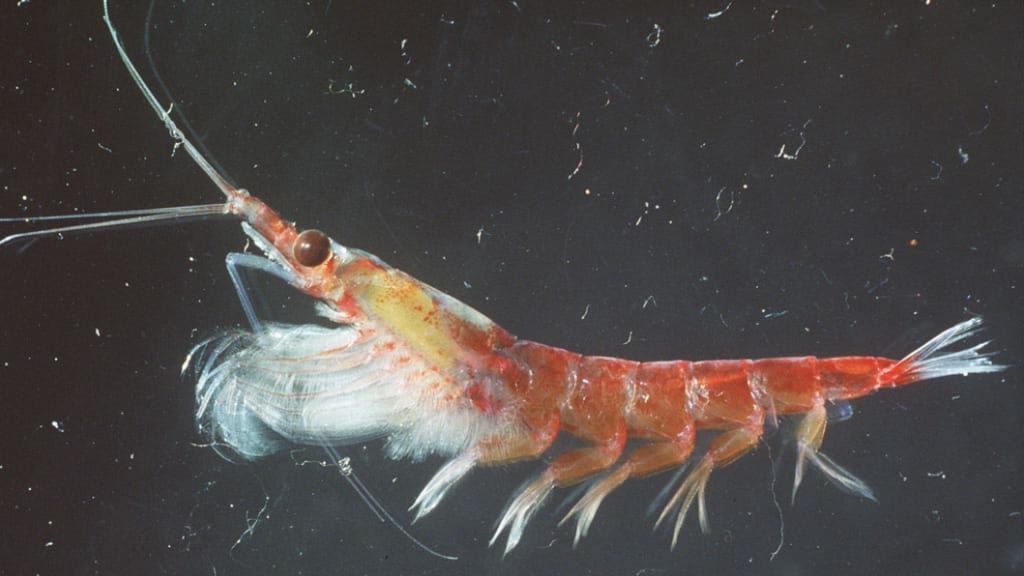Sea Snails Might Warn Us About A Possible Antarctic Ice Melt

Queensland scientists might have just found a way to learn when the global sea levels will rise by looking at the ancestry of sea snails. These tiny creatures could warn scientists if part of Antarctica will collapse.
Today, almost 10% of Antarctica’s ice (2.2 million cubic km) is contained by the West Antarctic Ice Sheet (WAIS). Almost 125,000 years ago, the ice sheet didn’t exist. The global temperature at that time was one degree higher than today – and sea levels were 9 meters higher than today.
According to the James Cook University team’s associate Professor Jan Strugnell, the sea levels rose to 5 meters from the WAIS:
That’s really critical, because around 200 million people live in areas up to just one metre above the current sea level. So it’s really important looking into the future to get the most accurate predictions of sea level rises as we can and try to plan and develop policy.
Did the West Antarctic Ice Sheet Exist 125,000 Years Ago?
But what researchers didn’t know was if the WAIS was intact 125,000 years ago. That was until they got insight from this mollusk!
It seems that at that time WAIS didn’t exist. Antarctica appears to have been a continent made up from rocky islands.
He and the team found that by looking into the genetic samples from sea snails:
What we’re looking for is similar genetic types on either side of the continent, and if that’s the case, that suggests those animals were able to move across Antarctica at a time in the past.
Results showed that the sea was open 125,000 years ago, meaning that the WAIS wasn’t there. This study can also help scientists predict the ice sheet’s future:
It points towards the West Antarctic Ice Sheet being quite sensitive and vulnerable to melting.
At the moment, the James Cook University team is analyzing the samples to find out if the ice sheet melted in the past and if it will do so in the future.

0 comments